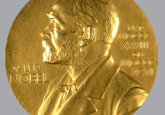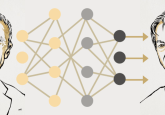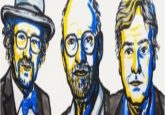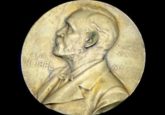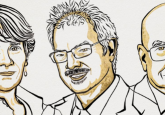Who’s won the Nobel Prize in Physiology or Medicine this year?
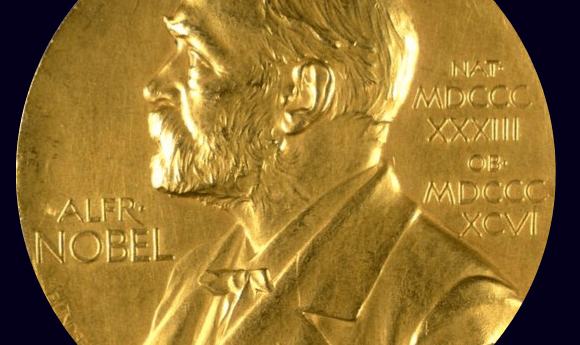
2019’s Nobel Prize in Physiology or Medicine has been awarded jointly to three scientists for their work understanding how cells adapt to oxygen availability.
BioTechniques’ congratulations go to William G Kaelin Jr (Dana Farber Cancer Institute and Harvard University; MA, USA), Sir Peter J Ratcliffe (Oxford University and the Francis Crick Institute; London, UK) and Gregg L Semenza (Johns Hopkins University; MD, USA), who have won the 9m Swedish Kronor prize for their work on “how cells sense and adapt to oxygen availability.”
To reach their results, Semenza and Ratcliffe studied the regulation of the hormone erythropoietin (EPO), which stimulates red blood cell production. Semenza’s team also identified genes encoding HIF, which rises in response to a drop in oxygen level and leads to an increase in EPO production.
Kaelin’s team studied von Hippel–Lindau disease, a genetic syndrome where there are mutations in VHL. Cells without a functional VHL gene increase responses to conditions with low oxygen. Ratcliffe’s team went on to show that VHL interacts with HIF, turning off the response.
The ability to sense oxygen is important in fetal development, and oxygen deprivation can occur during exercise, blood flow interruptions such as strokes, and tumor growth. As such, this work is not only of fundamental importance for physiology, but has also helped advance research looking for strategies to fight various diseases such as cancer, heart disease and anemia.
For example, Semenza noted that it might become possible for chronic kidney disease patients, whose kidneys cannot make EPO and thus who suffer anemia, to take a drug that increases HIF activity. What’s more, targeting HIF1 could be useful in cancer, where tumor growth results in a need for cancerous cells in the interior of the tumor to deal with oxygen depletion.
The Nobel Prize for Physiology or Medicine is presented by the Nobel Assembly of the Karolinska Institute, and was first awarded in 1901, following the founding of the prizes by Alfred Nobel. There have since been 109 prizes awarded in this category, to 216 laureates. Last year, the award went to James P Allison and Tasaku Honjo “for their discovery of cancer therapy by inhibition of negative immune regulation.” Read more about last year’s winners in our roundup of the 2018 Nobel Prize awardees.
Overall, we’re delighted to see another year of exciting advances been made on the back of excellent laboratory methods, and we’re on tenterhooks to find out the winners of the Nobel Prizes in Physics and Chemistry, which will be awarded this week. CRISPR is tipped by some to be recognized by the chemistry prize. Watch this space to find out the winners of those awards.
